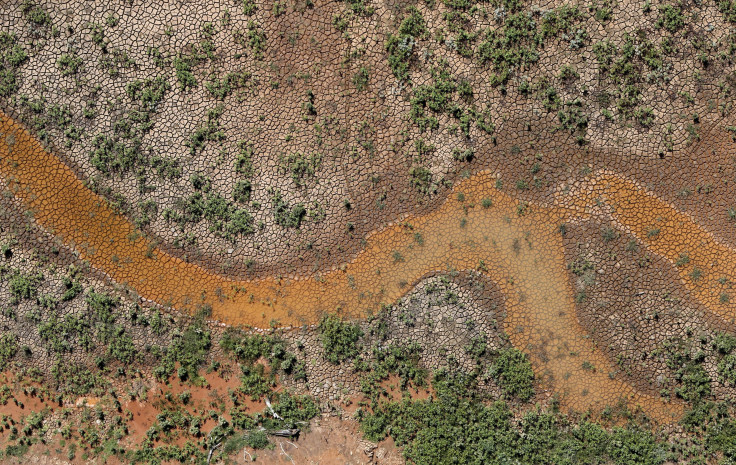NASA Study Warns USA Of An 'Unprecedented' Natural Calamity For Decades Due To Climate Change

Droughts in the U.S. Southwest and Central Plains are going to get drier and longer, according to a new NASA study. Within few years, a “megadrought” will grapple the region for decades as a result of constant increase in the level of carbon emissions and climate change.
NASA published a study in the journal Science Advances, warning the U.S. of “unprecedented drought condition.” The study is reportedly based on multiple climate models wherein the scientists examined “severity index and two soil moisture data sets from 17 climate models that were run for both emissions scenarios.”
It was found that the increase in greenhouse gas emission will lead up to droughts similar to natural droughts in the 1930s Dust Bowl and the current drought in the Southwest. However, these will only be worst as it would be like anything seen in more than 1,000 years and it will stick around for 30-35 years due to global warming.
The study involved researchers from NASA and Cornell and Columbia universities and it was led by Ben Cook, a climate scientist at NASA's Goddard Institute for Space Studies and the Lamont-Doherty Earth Observatory at Columbia University in New York City. According to Cook, the likelihood of the megadrought is 12 percent. However, if man-made carbon emissions continue to increase at the same rate, the chances of the occurrence of megadrought will increase to 80 percent mainly affecting the abovementioned regions of the U.S. between the years 2050 and 2099. It will begin with reduction in rainfall and increase in temperature that will vaporize water from the soil.
Huffington Post notes that the regions examined by Cook and his team includes Nevada, California, Utah, New Mexico, Colorado, Arizona, Kansas, Nebraska, South Dakota, Iowa and more. The conditions were compared to the droughts that took place in 1100s and 1200s Southwest and Central Plains. However, the droughts forecasted for the future are said to be “worse” since it will be caused by climate change.
"Nearly every year is going to be dry toward the end of the 21st century compared to what we think of as normal conditions now. We're going to have to think about a much drier future in western North America,” Cook was quoted as saying by Huffpost.
Addressing the topic in an email to USA Today, Jonathan Overpeck, a scientist with the Institute of the Environment at the University of Arizona, said the study lead by Cook is “scientifically strong.” According to him the study gives the picture of the future and suggests the need of reduction in carbon emissions.
For questions/comments regarding the article, you may email the writer at j.kaur@IBTimes.com.au





















